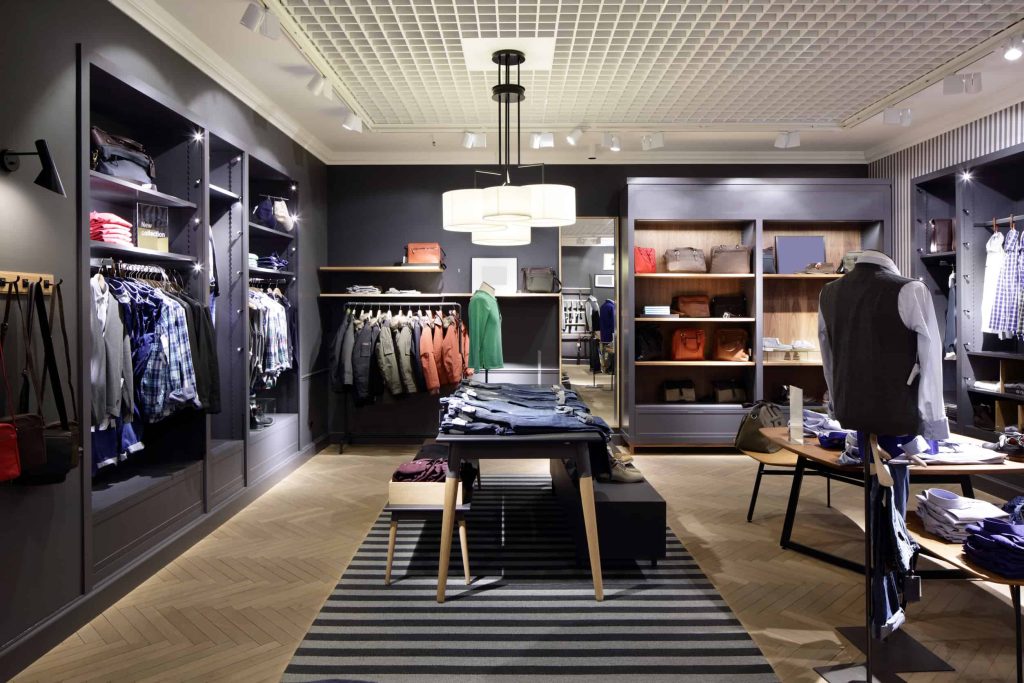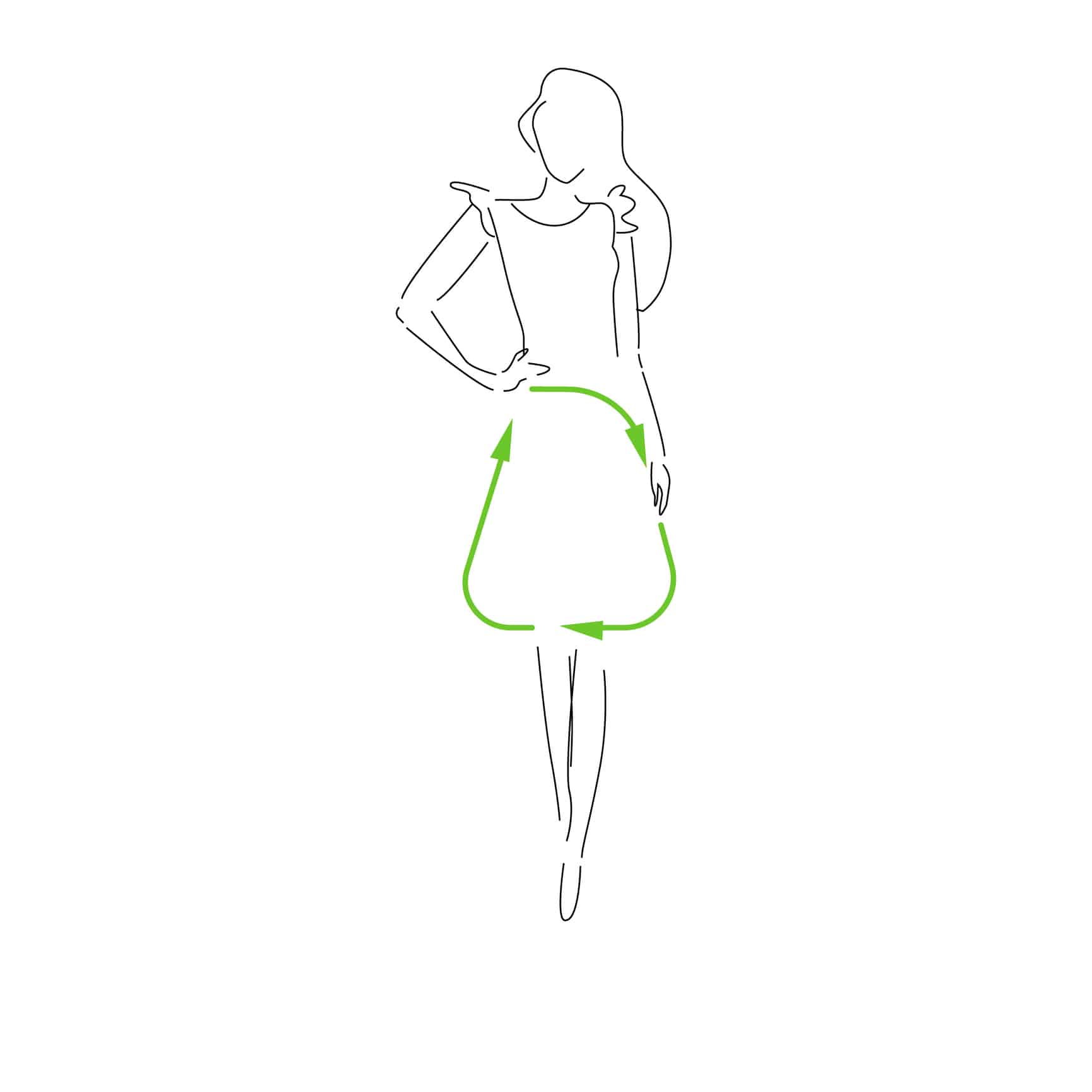Retail merchandisers are responsible for predicting and monitoring sales trends, careful purchasing, and ultimately maximising profitability for companies. Merchandisers also assess the needs of clothing stores and how they might differ based on target demographics and store size.
As a retail planner, it is your job to ensure that products appear in the correct store or website in the accurate quantities and at the right time. All of these aspects can greatly affect a company’s profits, which is why it is such a demanding job role.
Are you interested in becoming a retail merchandiser? It’s an excellent combination of fashion, business, and finance. Scroll down to hear everything about this job role, what it entails, and tips on becoming a retail allocator.
Retail merchandisers are the connection between buyers and the sales floor. It is their responsibility to ensure the right stock is in the right place at the right time to elevate sales performance. Merchandisers also decide which products stores should stock. In order to achieve greater sales, they ensure a store contains an appealing mix of products and that they are displayed in an attractive way to draw in shoppers.
Retail merchandisers work closely with buyers and other merchandisers to plan product ranges. When the buyer chooses the lines, the merchandiser distinguishes how much money should be spent and in what quantities lines should be purchased.
It is also the role of a retail merchandiser to remove underperforming lines and increase the stock of products performing well. This enables both the clothing retailer and manufacturer to increase sales.
Here are the roles of a retail merchandise allocator at a glance:
Salary
Starting salaries for an assistant retail merchandiser range from £16,000 to £22,000. After several years of experience in the industry, salaries can rise to £40,000 a year. Senior retail merchandisers can expect to earn a yearly salary of between £45,000 and £65,000, depending on the company and location.
Retail merchandising can be a very profitable career if you’re patient and work your way up the ladder. It may also open doors to other opportunities in the fashion industry.
Skills and Qualities
If you’d like to make it as a retail planner, these are the following skills and qualities you will need to succeed.
Are you serious about becoming a retail merchandiser? Here are some tips for upping your chances of getting the job.
Earn a Degree
While this profession is open to all graduates, a degree in business, management, economics, or marketing can increase your chances of finding work. Most companies favor recruiting graduates from business-related degrees purely for their analytical abilities. However, others will recruit graduates for any discipline provided that they possess the necessary skills.
If you do not have a degree, it is still possible to purse this career with other relevant qualifications or experience. Some employers require good A-level results.
Gain Work Experience
Nothing tells an employer you’re fit for the job more than a resume brimming with first-hand industry experience. At the end of the day, they need to know you’ll be able to do the job, give them results, and won’t crack under pressure. Showing them you’ve worked at a high street retailer can help demonstrate your interest in retailing as well as your understanding of stock control levels.
Many large fashion retailers have in-store merchandise teams that carry out the instructions of the head merchandiser. Jobs often include organizing and placing stock on the shop floor. Go for something like this to gain experience and knowledge of how merchandise plans are executed.
You could also start in a similar role such as visual merchandizing and progress to the retail planner position. A visual merchandiser creates window and in-store displays in shops with the aim of maximizing sales through visual appeal.
Network!
Connections really help when it comes to pursuing a career. Besides finding mentors to share their wisdom and help you along, falling on the right connection could land you your dream job.
The secret is to prove yourself worthy. Create a dazzling portfolio, hone your LinkedIn page so only your best side is on display, and always put your best face first (online and in real life!). Always be professional, polite, and friendly when communicating with people. And while it’s definitely worth asking the pros for advice, avoid being overly curious as this may give the impression you’re desperate or simply annoying.
Then there’s the word-of-mouth philosophy. Make sure you maintain a good reputation among your connections so that the word spreads and the opportunities fly in.
Retail merchandisers are highly organized, communicative, and forward-thinking people. While it’s a demanding job role, it’s also dynamic with the opportunity to learn and grow as you go.
In order to get a job as a retail merchandiser at your favourite fashion store, we recommend earning some form of qualification, taking relevant courses, gaining retail work experience, and building your network – all while remaining friendly and professional.

You definitely have what it takes to become a successful retail merchandiser. You just need to be prepared to work hard and most importantly: believe in yourself!
| Cookie | Duration | Description |
|---|---|---|
| cookielawinfo-checbox-analytics | 11 months | This cookie is set by GDPR Cookie Consent plugin. The cookie is used to store the user consent for the cookies in the category "Analytics". |
| cookielawinfo-checbox-functional | 11 months | The cookie is set by GDPR cookie consent to record the user consent for the cookies in the category "Functional". |
| cookielawinfo-checbox-others | 11 months | This cookie is set by GDPR Cookie Consent plugin. The cookie is used to store the user consent for the cookies in the category "Other. |
| cookielawinfo-checkbox-necessary | 11 months | This cookie is set by GDPR Cookie Consent plugin. The cookies is used to store the user consent for the cookies in the category "Necessary". |
| cookielawinfo-checkbox-performance | 11 months | This cookie is set by GDPR Cookie Consent plugin. The cookie is used to store the user consent for the cookies in the category "Performance". |
| viewed_cookie_policy | 11 months | The cookie is set by the GDPR Cookie Consent plugin and is used to store whether or not user has consented to the use of cookies. It does not store any personal data. |
Create your free account and begin your sustainability journey.

